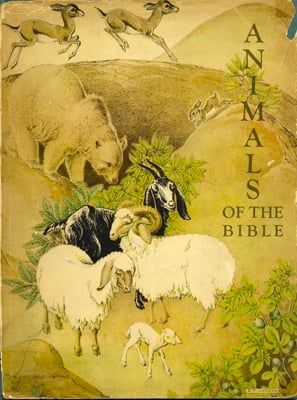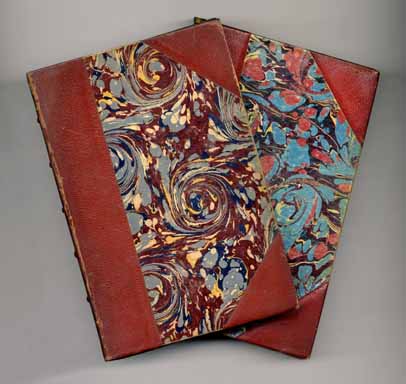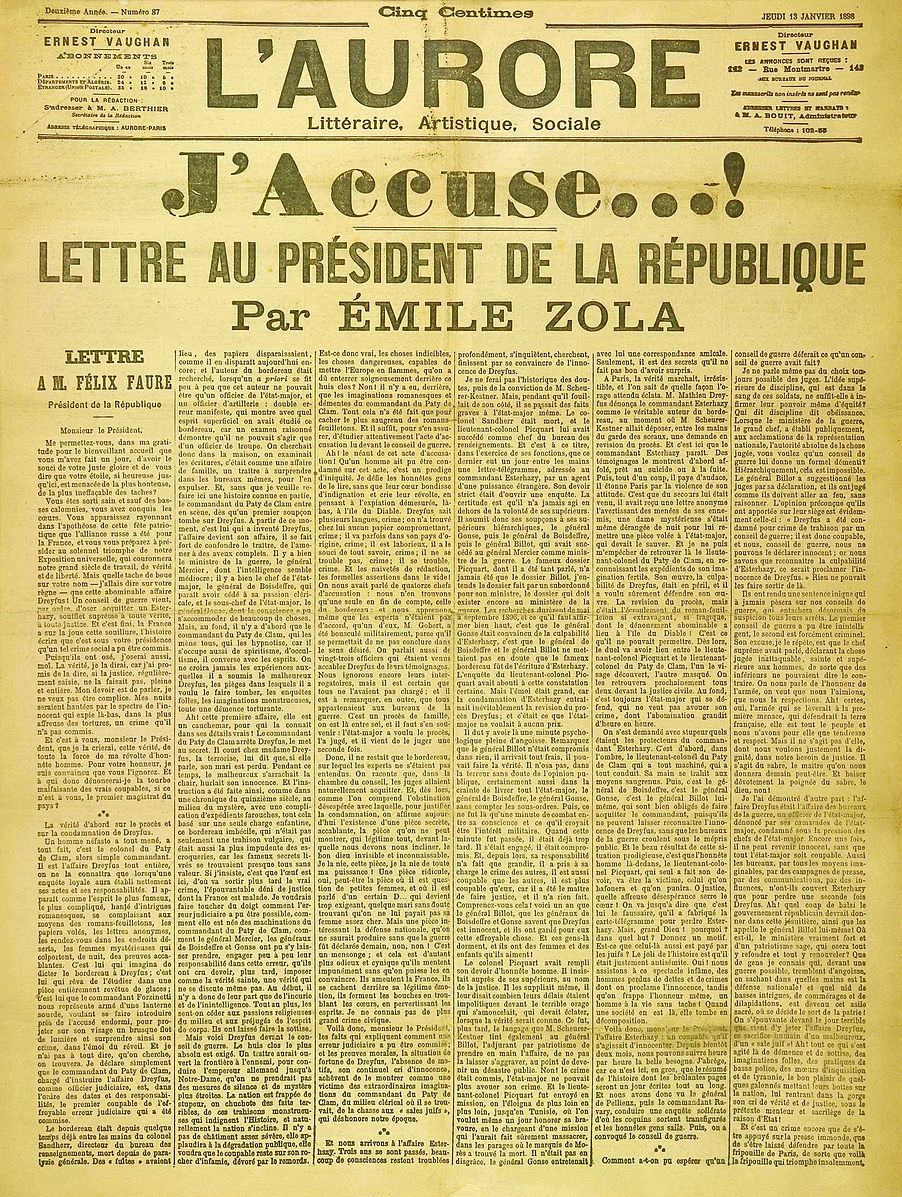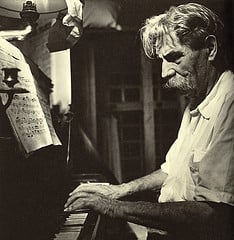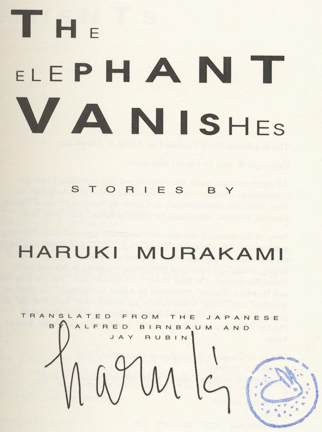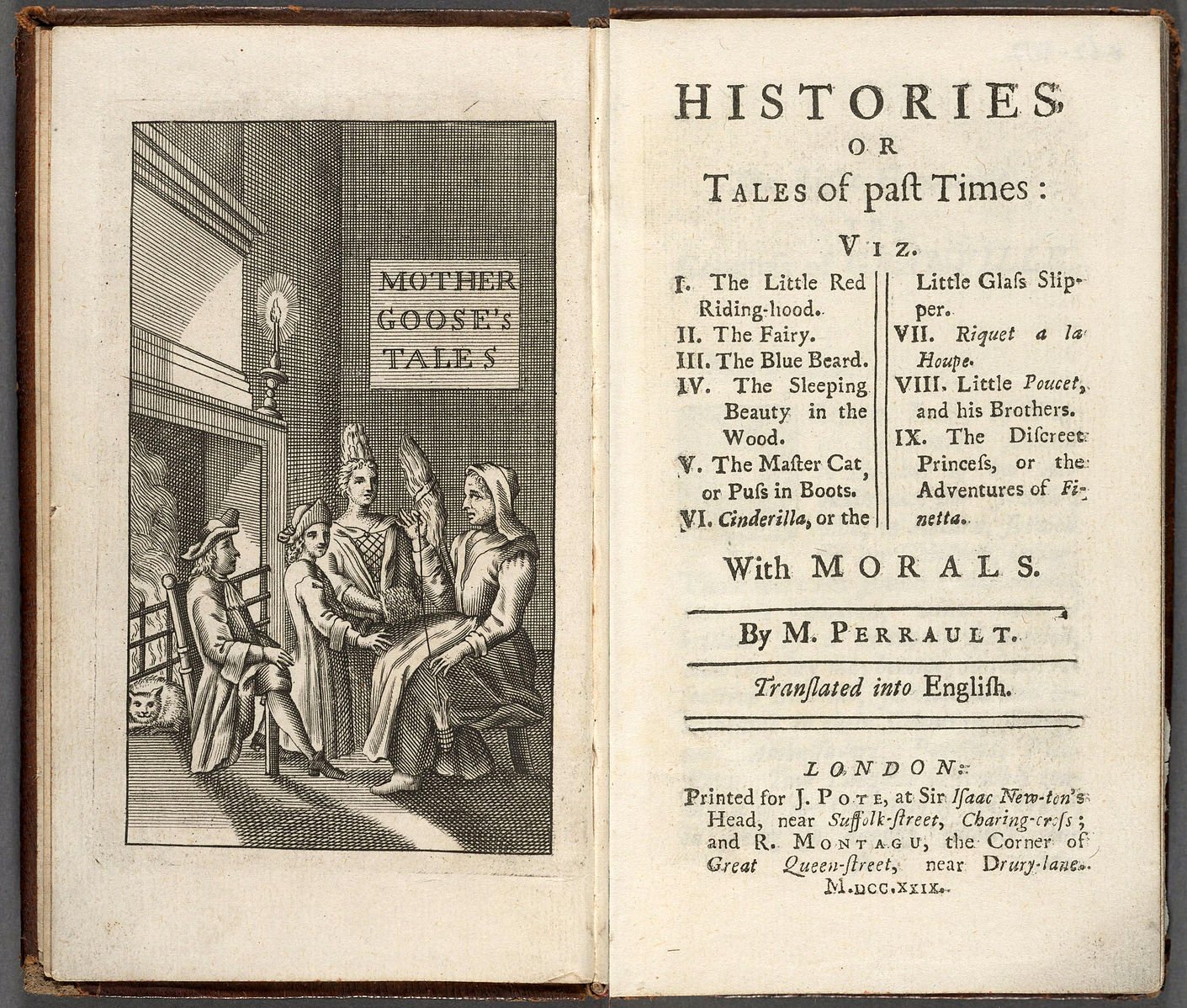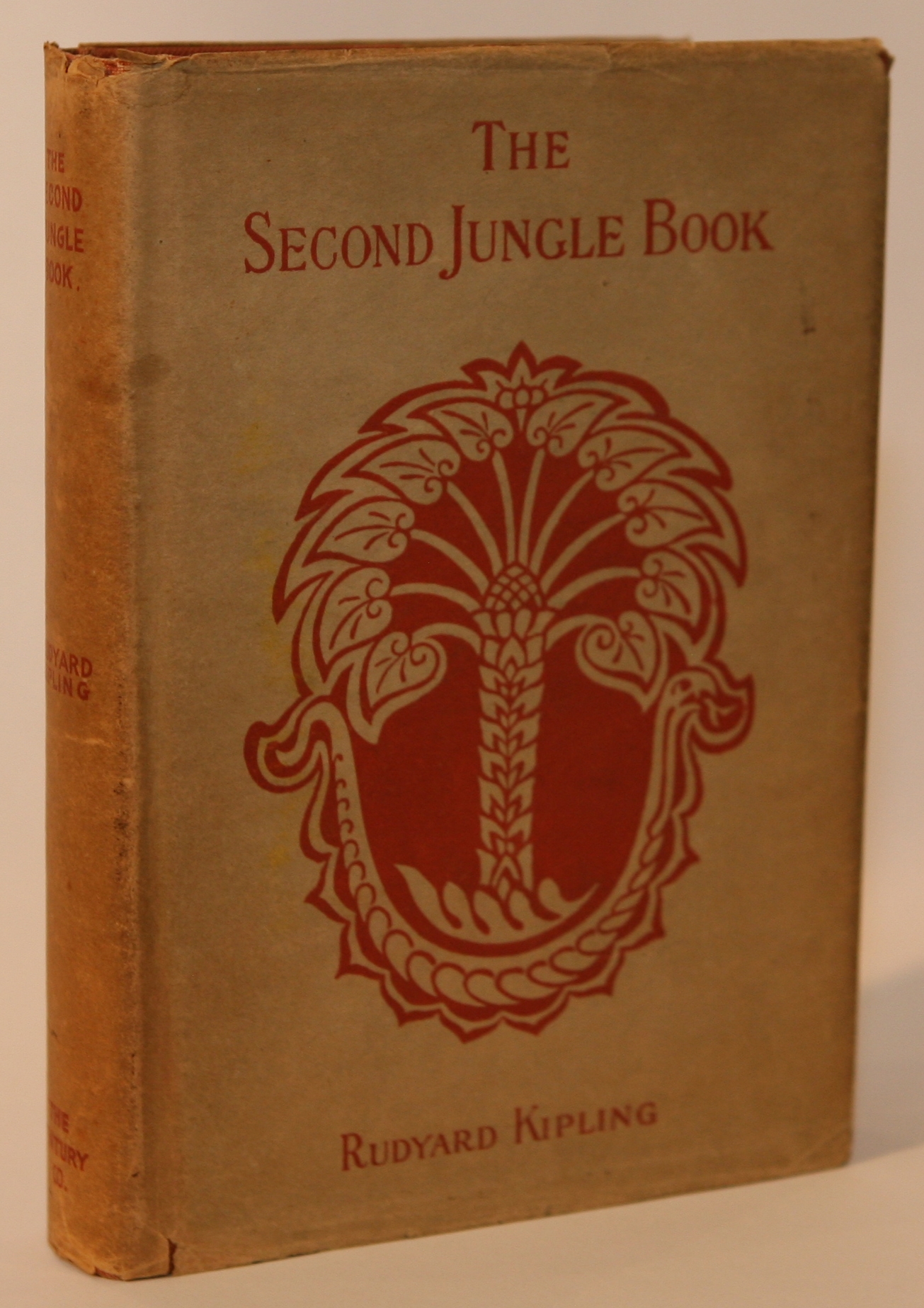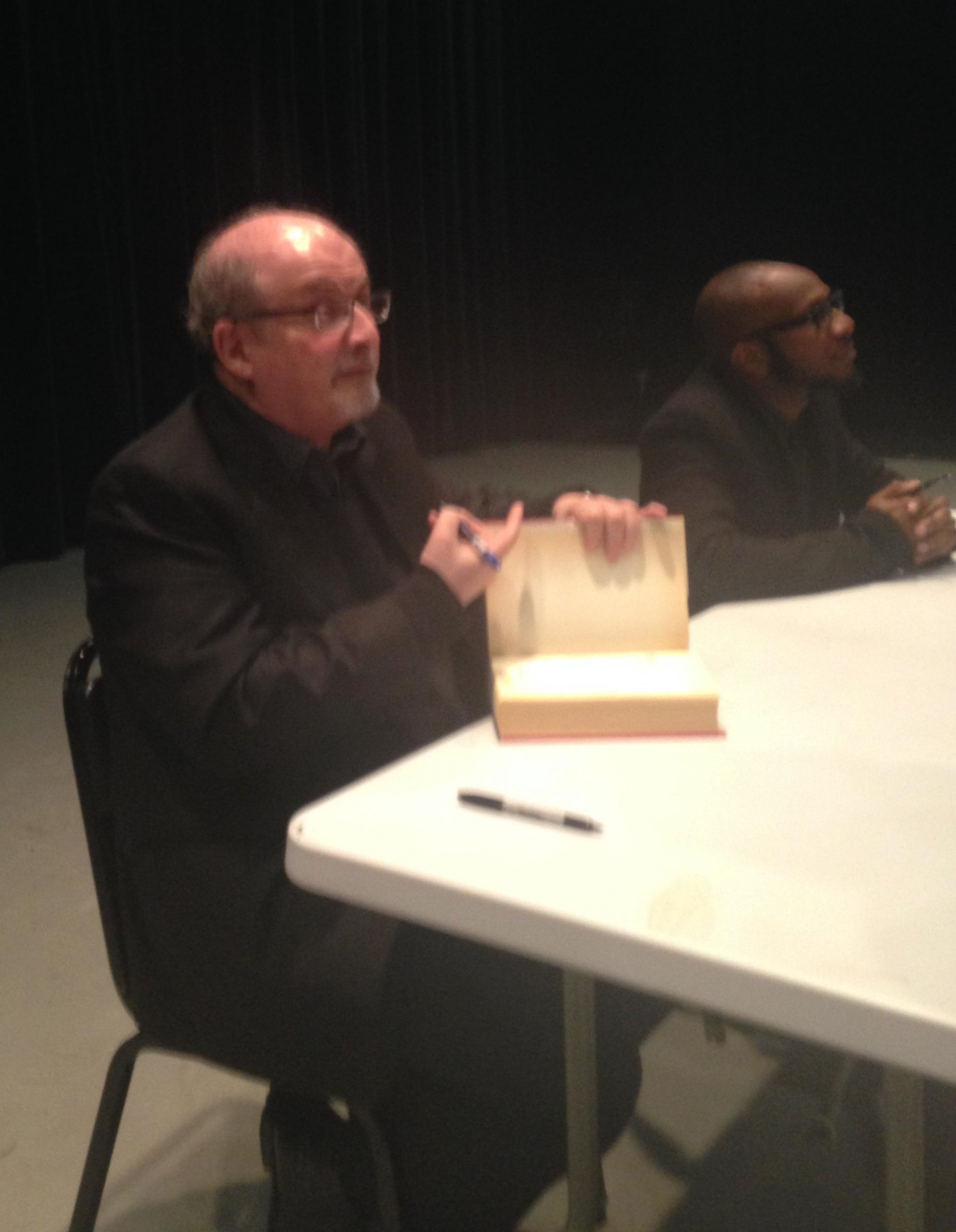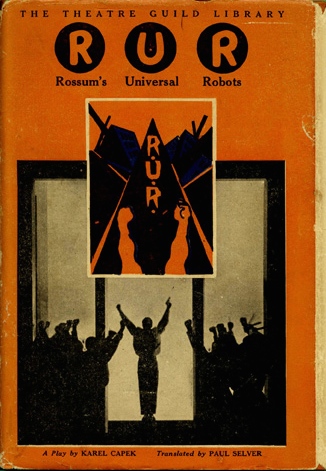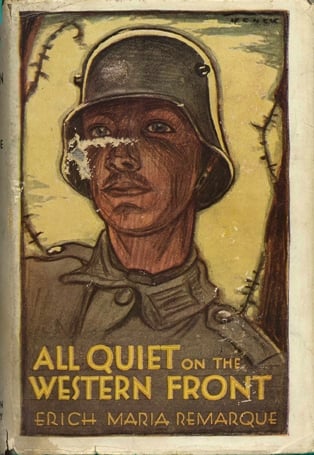For sixteen years, the illustrators of children’s books were neglected during awards season. Since 1922, the Newbery Medal had been awarded yearly to a work of distinguished children’s writing, but no such equivalent existed for illustrations in picture books. Not, that is, until 1938, whereupon a veritable dark age in the recognition of great illustrators was extinguished with the inception of the Caldecott Medal.
us toll free: 1-800-948-5563 international: +1 (843) 849-0283 UK: +44 (0) 1334 260018




